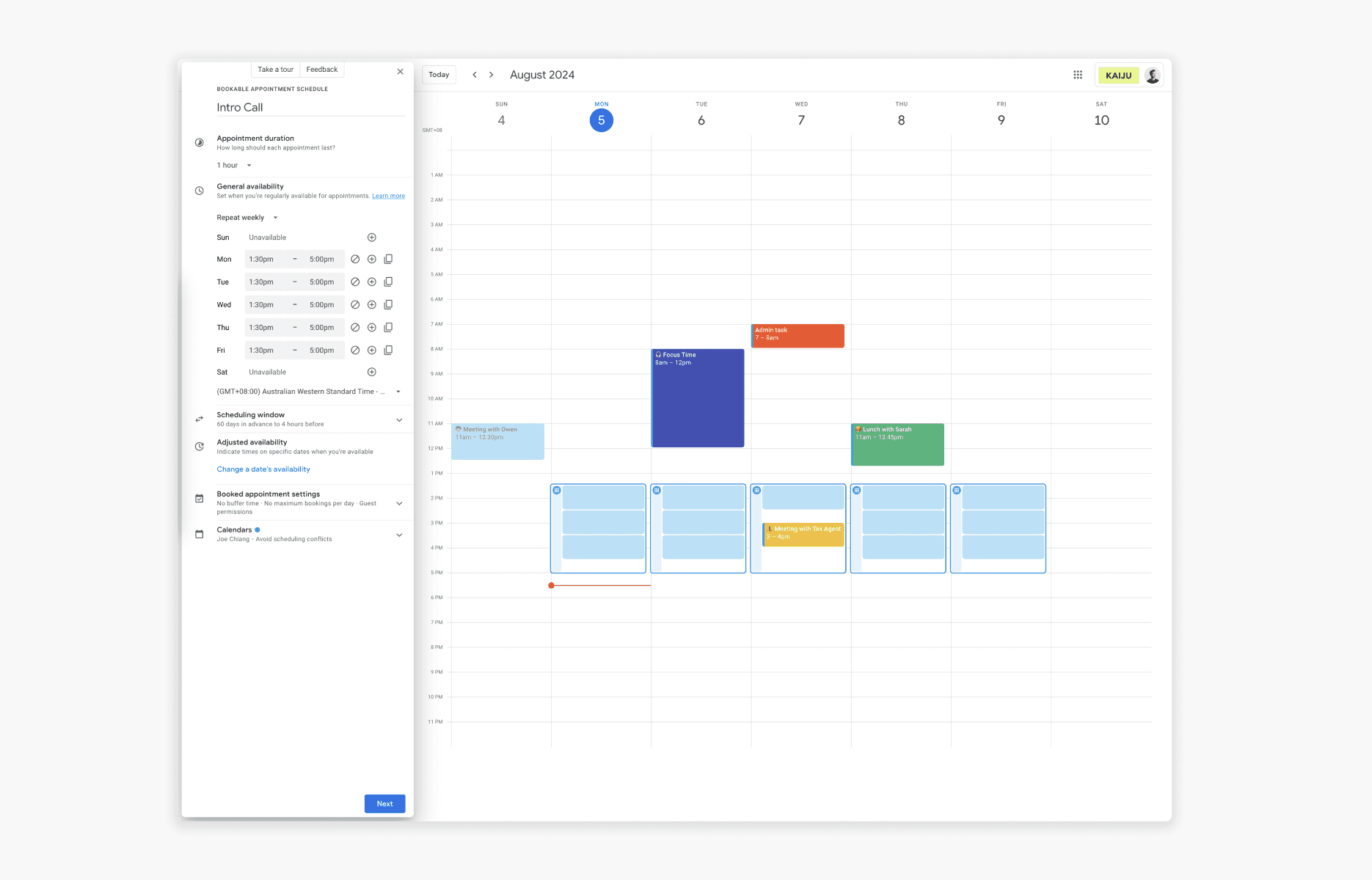9 Essential Local SEO Tips to Boost Your Business in 2025
Category
Growth
Date
15 Nov 2024
To succeed in the competitive market of 2025, businesses need to leverage local SEO to increase visibility and attract customers. Whether you’re a small café, a plumbing service, or a local boutique, optimising for local search can make a significant difference in driving foot traffic and online engagement. Here are nine actionable local SEO tips tailored to help your business thrive in the coming year.
1. Optimise Your Google Business Profile (GBP)
Google Business Profile (GBP) remains one of the most crucial elements for local SEO. Here’s how to make the most of it:
Claim and Complete Your Profile: Start by claiming your GBP if you haven’t done so already. Complete every field, including business name, address, phone number (NAP), website, hours of operation, and attributes that distinguish your business (e.g., “women-led” or “pet-friendly”).
Use Accurate Categories: Choose the primary and secondary categories that best reflect your offerings. This helps Google understand your business and display it to users searching for relevant services.
Upload High-Quality Images: Images are critical for user engagement. Regularly update your profile with photos of your products, location, and team to give potential customers a clear picture of your brand.
Engage with Reviews: Responding to reviews not only builds credibility but also enhances your chances of appearing in local search results. A consistent interaction with customers signals to Google that your business is active and customer-focused.
2. Target Local Keywords
Keyword optimisation is a foundational aspect of SEO, but local businesses must target geographically specific terms.
Conduct Local Keyword Research: Use tools like Google Keyword Planner, SEMrush, or Keywords Everwhere to identify keywords that align with your services and location. Examples include “vegan café in [City, e.g. Sydney]” or “emergency plumber near [Neighbourhood, e.g. Scarborough].”
Incorporate Keywords Naturally: Include local keywords in important areas of your website, such as service pages, meta descriptions, and headers, while ensuring they flow naturally in the content. This makes your site more relevant to local search intent.
3. Create Locally-Focused Content
Locally relevant content can increase engagement and attract users from your area. By addressing local concerns and events, your business can become more prominent within the community.
Write Local Guides and Tips: For example, a local roofing company could create a blog post on “Preparing Your Roof for Rainy Weather in [City].” This type of content not only educates potential customers but also establishes your business as a helpful local resource.
Share Community Involvement: Publish updates about any local partnerships, sponsorships, or events your business participates in. Showcasing community involvement builds local relevance and strengthens relationships with potential customers.
4. Optimise Website Content for Local Search
To improve your chances of appearing in local search results, your website content should reflect your local presence and services.
Create Location-Based Content: Develop dedicated pages for each service area or location you serve. For instance, if you provide services in multiple neighbourhoods, having specific pages for each area can improve relevance.
Maintain Consistent NAP: Your Name, Address, and Phone Number should be identical across all online platforms and prominently displayed on your website. This consistency reassures search engines and potential customers that your information is accurate.
5. Encourage Online Reviews
Positive reviews build trust with potential customers and signal to search engines that your business is credible and active.
Request Reviews from Happy Customers: Politely ask satisfied customers to leave reviews on platforms like Google, Yellow Pages, or industry-specific directories. You can prompt this through follow-up emails, in-store signage, or social media.
Respond to All Reviews: Acknowledge positive feedback with gratitude, and address any negative reviews professionally. Engaging with both types of feedback boosts customer trust and plays a role in local ranking algorithms.
6. Build Local Links
Backlinks remain a strong SEO factor, and building local links can significantly enhance your local search visibility.
Seek Local Partnerships and Sponsorships: Partner with nearby businesses, sponsor local events, or collaborate with community organisations that may link back to your website. These links add credibility and help establish local relevance.
Get Listed in Local Directories: Adding your business to local directories, such as Yelp, Yellow Pages, and other industry-specific sites, can improve your visibility and direct relevant traffic to your website. Ensure all listings include consistent and accurate NAP details.
7. Ensure Mobile Optimisation
With mobile devices accounting for the majority of local searches, a mobile-friendly website is essential to ranking well.
Optimise for Speed and Responsiveness: A mobile-responsive, fast-loading website ensures a better user experience, particularly for mobile users. Google rewards mobile-friendly sites, especially for local search results.
Prioritise Simple Navigation: Ensure that contact information, hours, services, and location details are easy to find on mobile. Simplified navigation reduces bounce rates and keeps users engaged.
8. Utilise Social Media for Local Engagement
Social media isn’t just for brand visibility—it’s also a tool to connect with local audiences and drive local SEO.
Share Localised Content: Regularly post about events, promotions, and relevant community news on your social media channels. Engaging with nearby customers and tagging local businesses or locations can help expand your reach.
Leverage Geotagging: Use geotags when posting on platforms like Instagram and Facebook. Geotagging posts with your business location improves local discoverability and allows nearby customers to find you more easily.
9. Implement Local Schema Markup
Adding structured data (schema markup) to your website is a powerful way to help search engines understand your business better.
Apply Local Business Schema: Use local business schema markup to highlight key information about your business, including your address, phone number, and opening hours. This markup can increase your chances of appearing in local search results and rich snippets.
Consider Review and Event Schema: If your business has notable reviews or hosts events, consider adding schema markup for these as well. Structured data can enhance your visibility on search engine results pages (SERPs) and make your listing stand out.
Wrapping Up
Applying these local SEO strategies can significantly improve your business’s local search presence and help you attract customers actively seeking your services in 2025. Your business can stand out in the local market by optimising your Google Business Profile, targeting local keywords, encouraging reviews, building local links, and ensuring a mobile-friendly website.
Stay consistent, monitor your progress, and adapt your strategies to keep pace with evolving SEO practices. Local SEO is an ongoing effort, but with these tips, your business will be well-positioned to engage and grow within your community.



